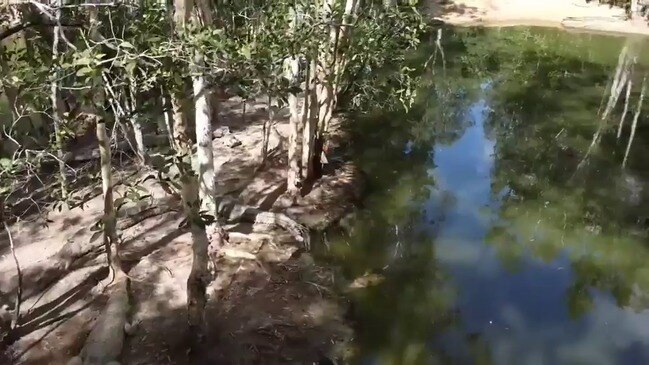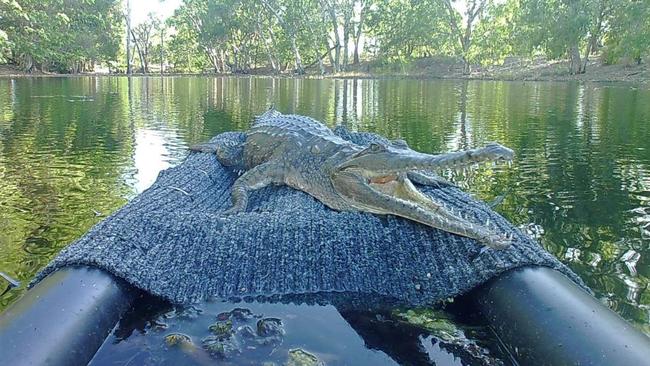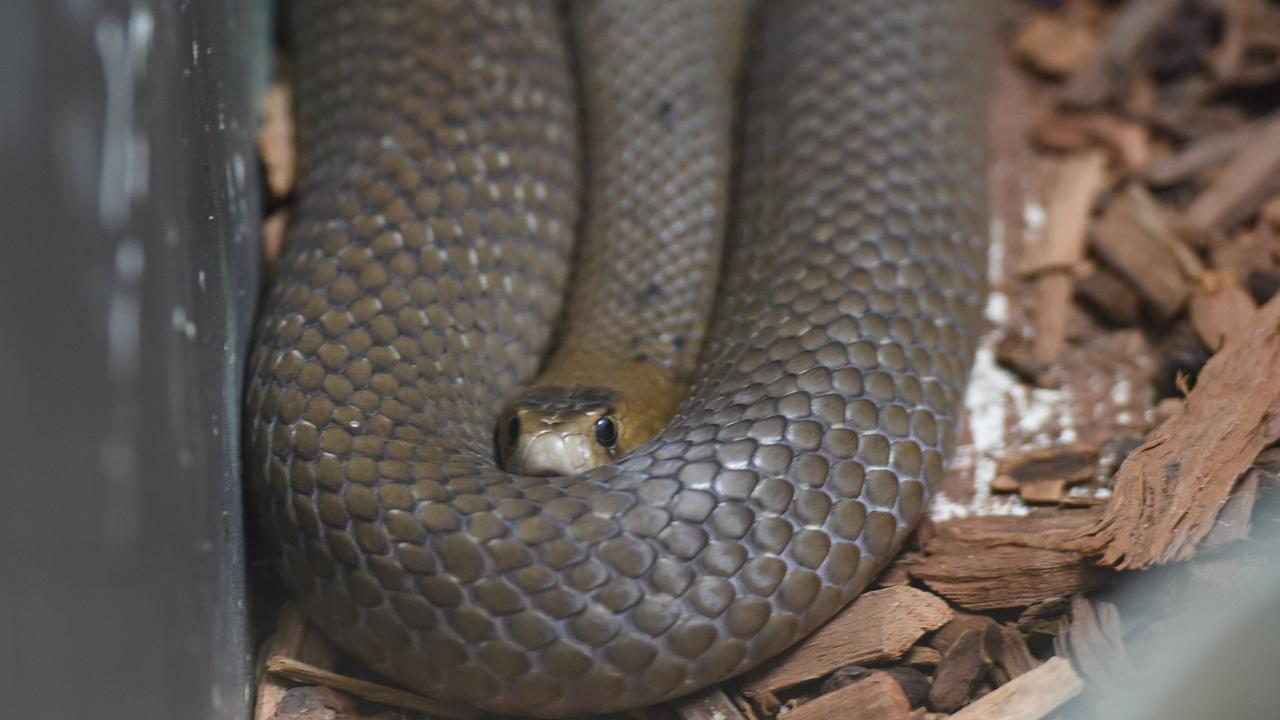Crocodile that bit man ‘not a risk to humans’, authorities say
A crocodile that bit a man at a Queensland national park will not be relocated after officials found it was ‘not a risk’ to people.

Pets and Wildlife
Don't miss out on the headlines from Pets and Wildlife. Followed categories will be added to My News.
A crocodile that bit a man in North Queensland last month will not be removed from the wild after wildlife officers concluded that it is not a risk to the public.
Paramedics treated a man with arm and hand injuries for four hours after the freshwater crocodile bit him in the Boodjamulla Lawn Hill National Park on May 15.
He was later transported to Mount Isa Hospital in a stable condition and wildlife officers from the Department on Environment and Science launched an investigation.
In a statement issued on Friday morning, the Department said that the freshwater crocodile would not be relocated as it was not deemed a risk to humans.
“Wildlife officers assessed the crocodile’s behaviour over several days and nights and found the animal demonstrated no signs of aggressive behaviour,” the statement said.
“It was also very wary of people and moved away when approached.”

Investigators believe that the animal acted defensively and the behaviour was specific to the rock pool in which the incident occurred.
“Freshwater crocodiles may show defensive behaviour if they feel cornered or threatened, which is what is believed to have happened during the incident on 15 May.”
“Rangers from the Queensland Parks and Wildlife Service will clear the debris from the back of the rock pool to allow freshwater crocodiles to freely exit the pool in response to any future encounters with humans.”
The Department will also install additional signage outlining the risks associated with interacting with freshwater crocodiles at the site.
Authorities also warn that while the crocodile involved in the May 15 incident has not been seen since May 18, it could still be in the area.
Freshwater crocodiles are generally less aggressive than their saltwater counterparts and usually flee at the sight of people.


